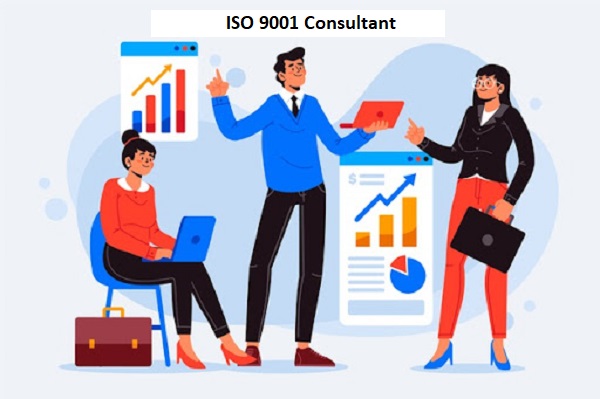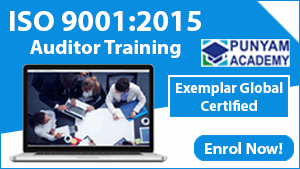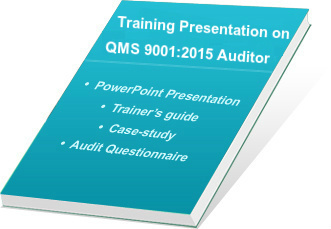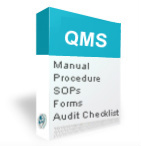Since its initial publication, ISO 9001 has helped numerous businesses by enhancing their workflow. Numerous businesses have yet to adopt ISO 9001 quality management systems, even though thousands of them have done so too far. The purpose of the ISO 9001 Quality Management Standard is to safeguard the effectiveness of a QMS. Any business that is willing to implement and maintain ISO 9001 requirements will reap its benefits, regardless of the industry, accountability, or operations.
In this post, we’ll discuss the benefits of using an outside source to implement ISO 9001 and the advices that they offer.
- An ISO 9001 Consultant can Assist with Standard Application: The ISO 9001 quality management standard will be challenging to understand, much like many other work-related standards. It uses legal jargon to outline the conditions that must be satisfied and, because it’s so broad, it may be used for any type of business. As a result, many businesses struggle to interpret the guidelines in a way that works for their workplace. Here, the assistance of a knowledgeable ISO 9001 consultant will be quite beneficial. With their expertise, they can quickly interpret and apply the standard for YOUR business. It will be extremely tailored to your business and operational procedures.
- Audits of Gaps: We must identify the gaps in your current quality management process before the standard can be adopted in your business. To help you determine what needs to be done for you to satisfy the ISO 9001 requirements, the ISO 9001 consultant will use this data to identify what is lacking and provide a plan that will close those gaps. Making a plan to help fully get ISO 9001 will be a lot simpler after the gaps have been acknowledged.
- Planning: The standard must be executed without a hitch; thus, it is crucial to plan every stage of the process; milestones, activities, resources, reviews, and training must all be kept track of, and this takes time. To get things functioning smoothly, it can take anywhere from six months to a little bit more than a year, contingent upon the size of your organization. An ISO 9001 consultant will be your greatest asset throughout this period.
- Conceptualization and Execution: When attempting to apply the standard, this will take up the most time of the entire procedure because here is when problems frequently occur. Controlling the processes that are being used is essential, and this can only be done with effective communication and stable interactions between the various processes that are being used. Aside from deciding how to create process goals and what to document, effective controls must be established and monitored. Implementing the process will be the most challenging phase at this point, thus having the assistance of a third-party ISO 9001 expert will be very beneficial to you.
- Examining: You must undergo an audit by a certification organization to receive ISO 9001 certification. During the audit, the certification authority will examine your company’s preparation, including the planning, reviewing processes, related documentation, and the management system itself. This entire process follows the ISO 9001 standard. It would be disappointing to learn that your system might still have gaps after months of planning. As a result, it is advisable to hire an outside ISO 9001 consultant to perform one last examination to identify any issues before the audit.
- Internal Assessments and Ongoing Improvement: Internal audits are necessary to evaluate your quality management system’s performance and how it is faring after adoption to maintain your accreditation. It is suggested to work with an ISO 9001 consultant if you lack the resources or personnel to complete the task. To function properly and raise customer satisfaction, the standard also stipulates that your ISO 9001 quality management system must be current.




